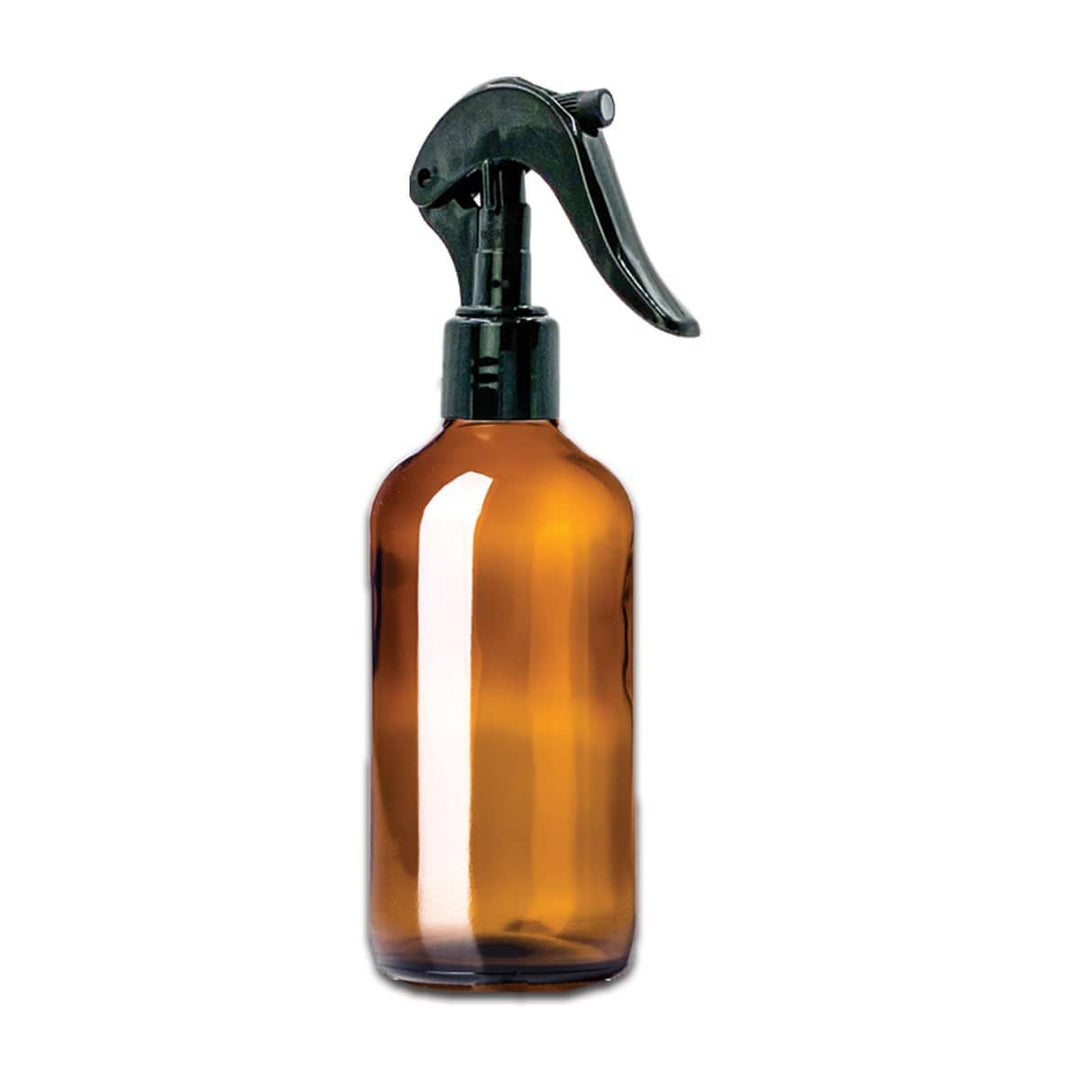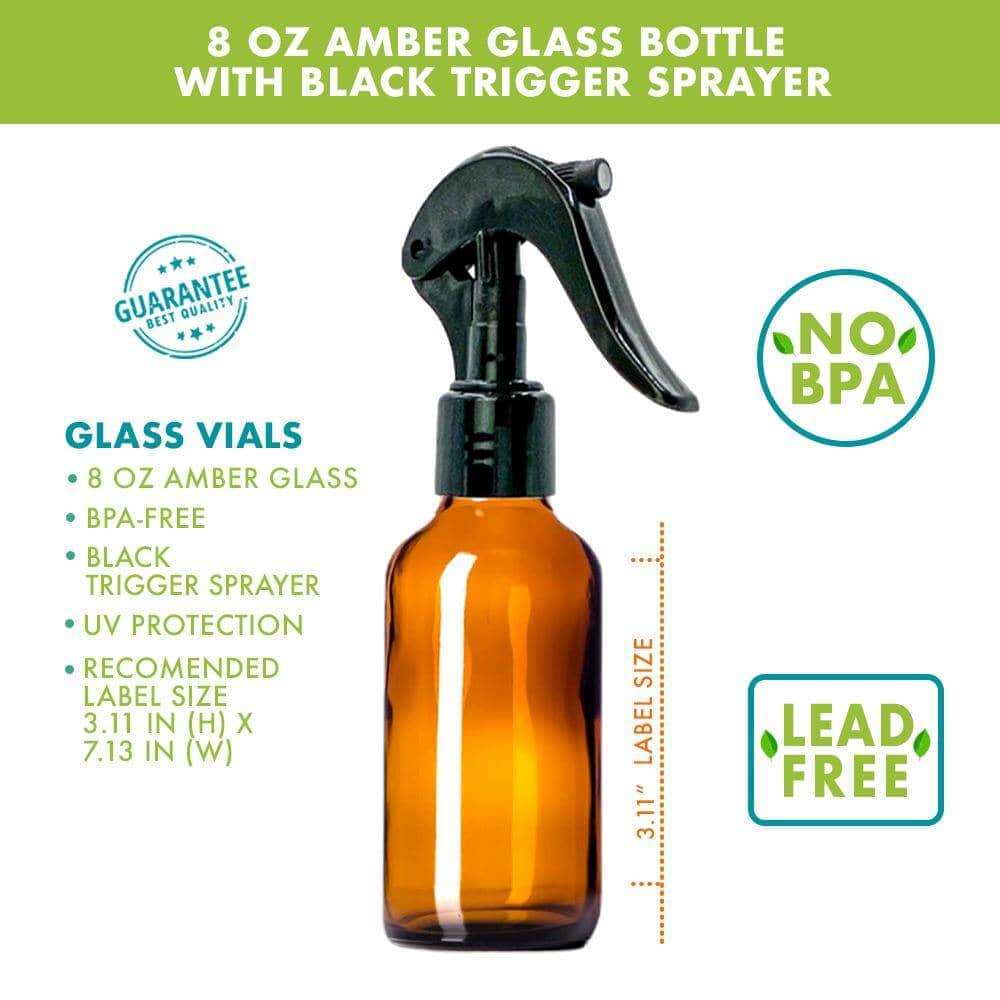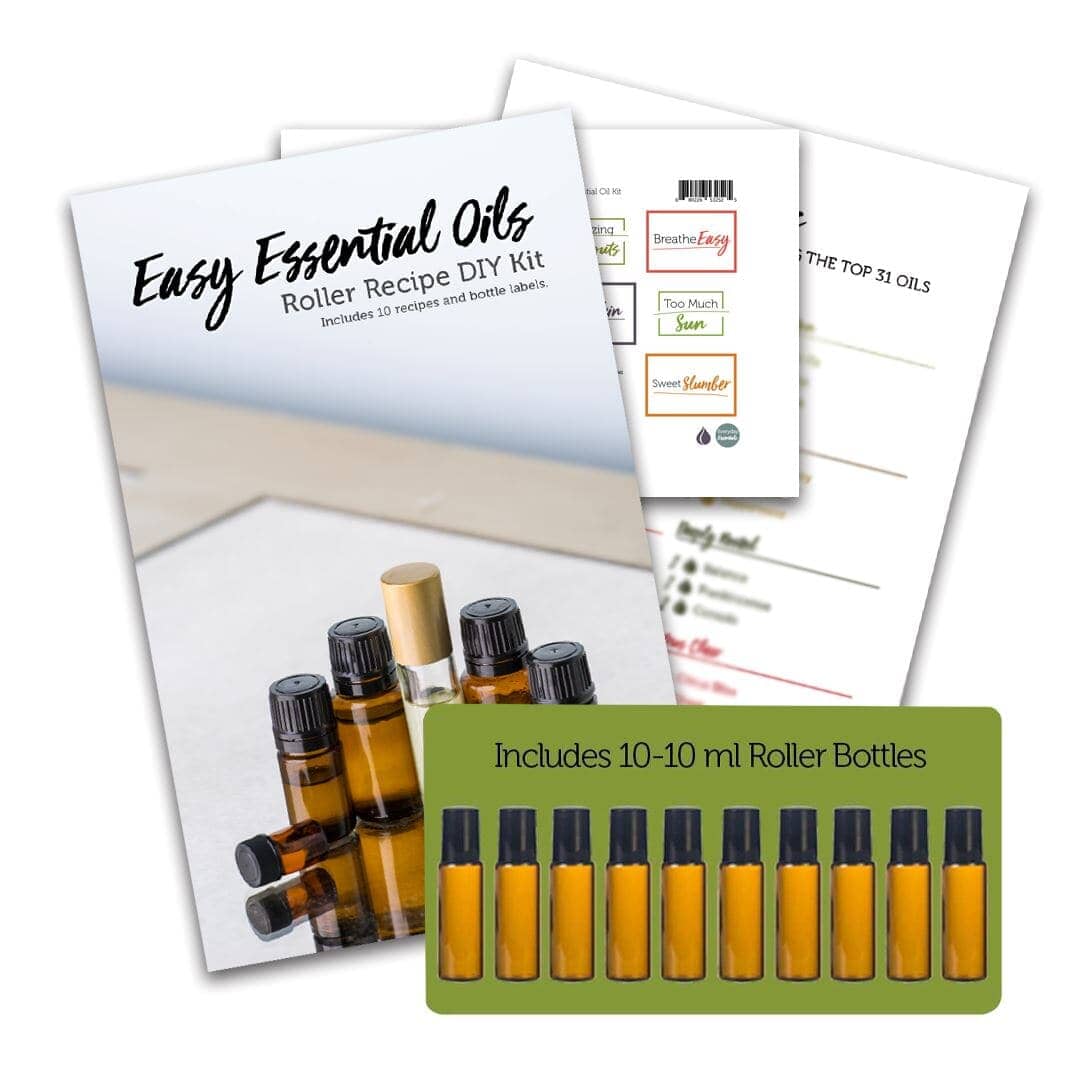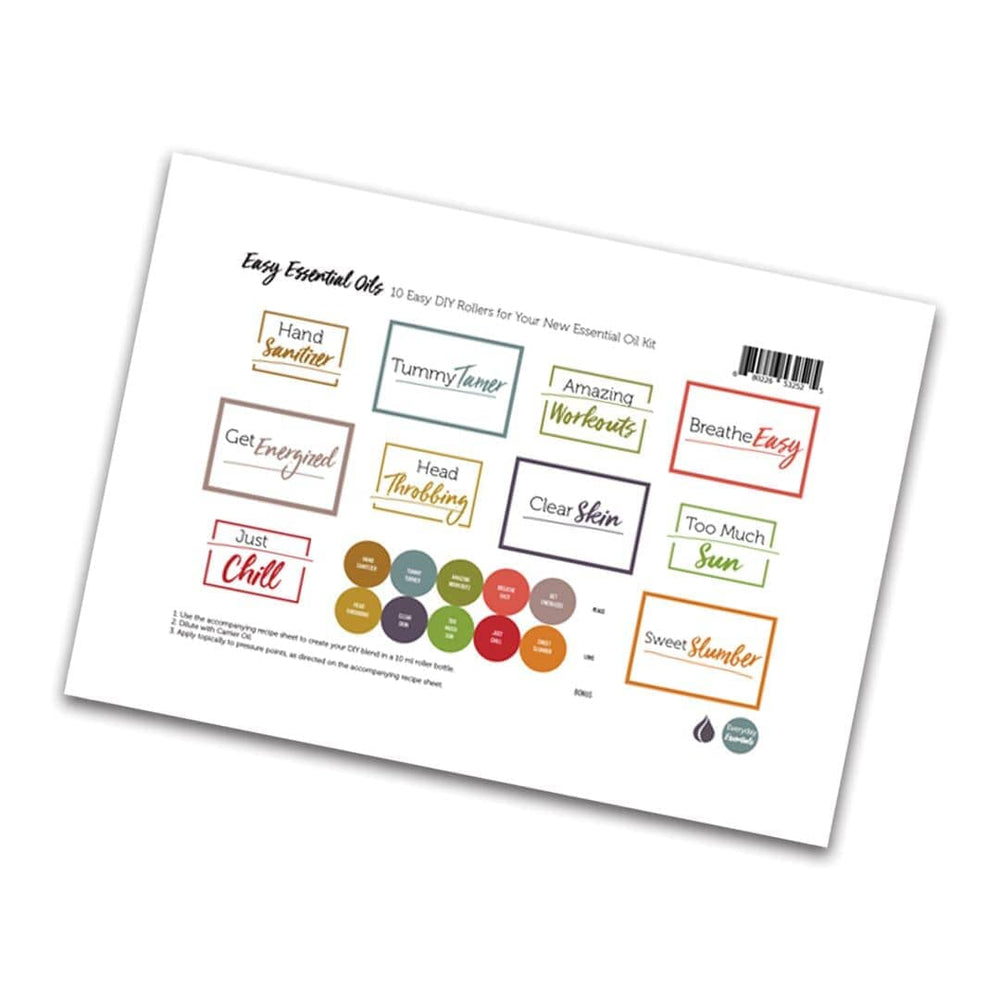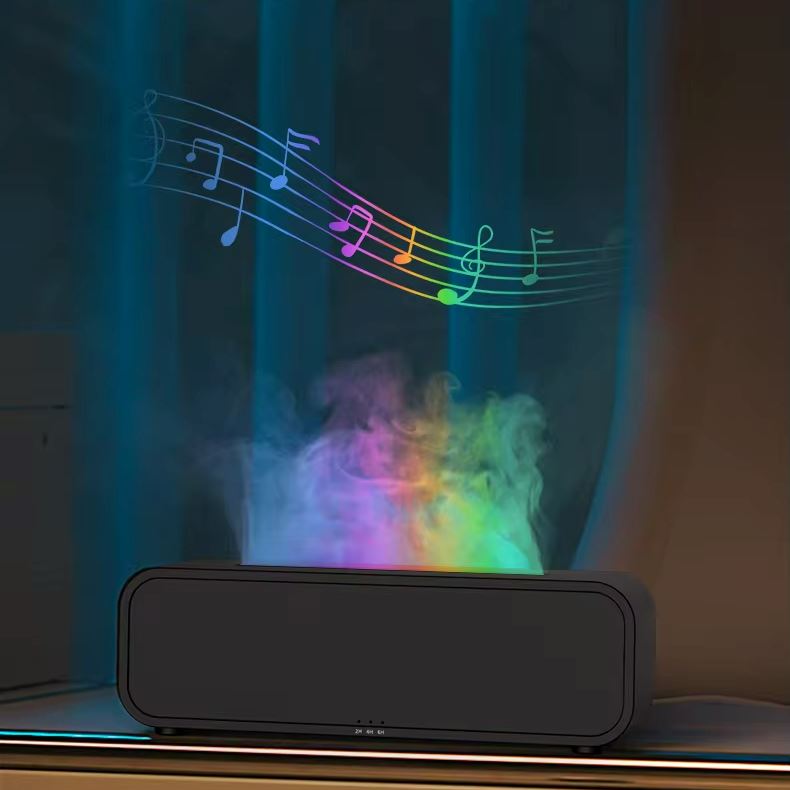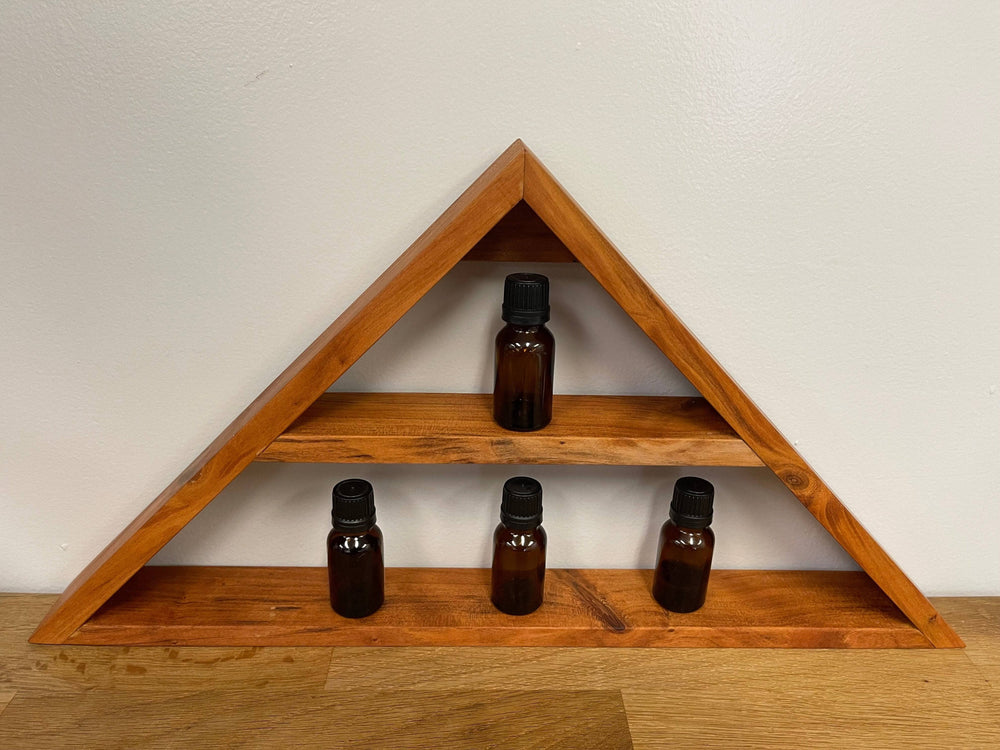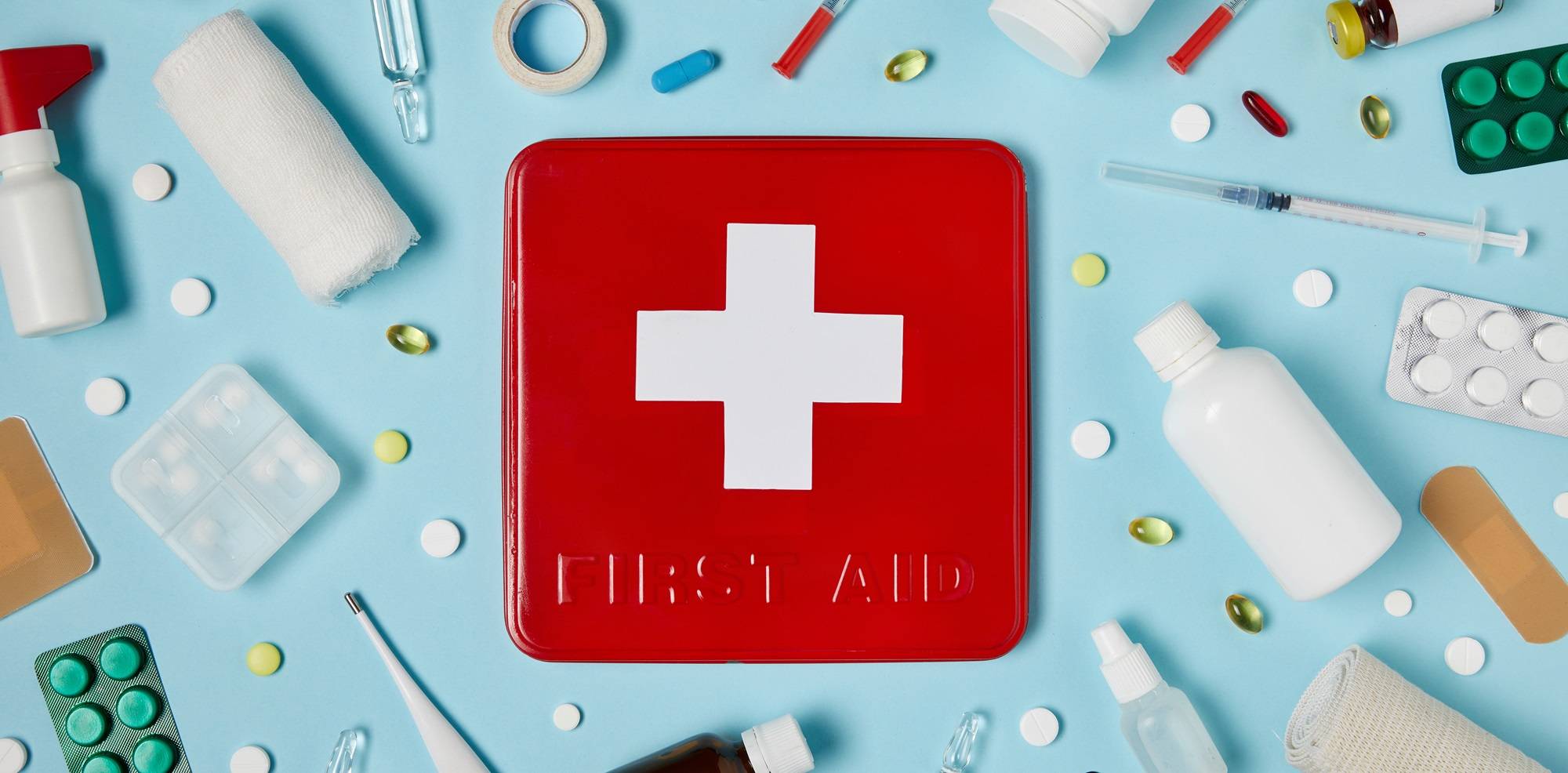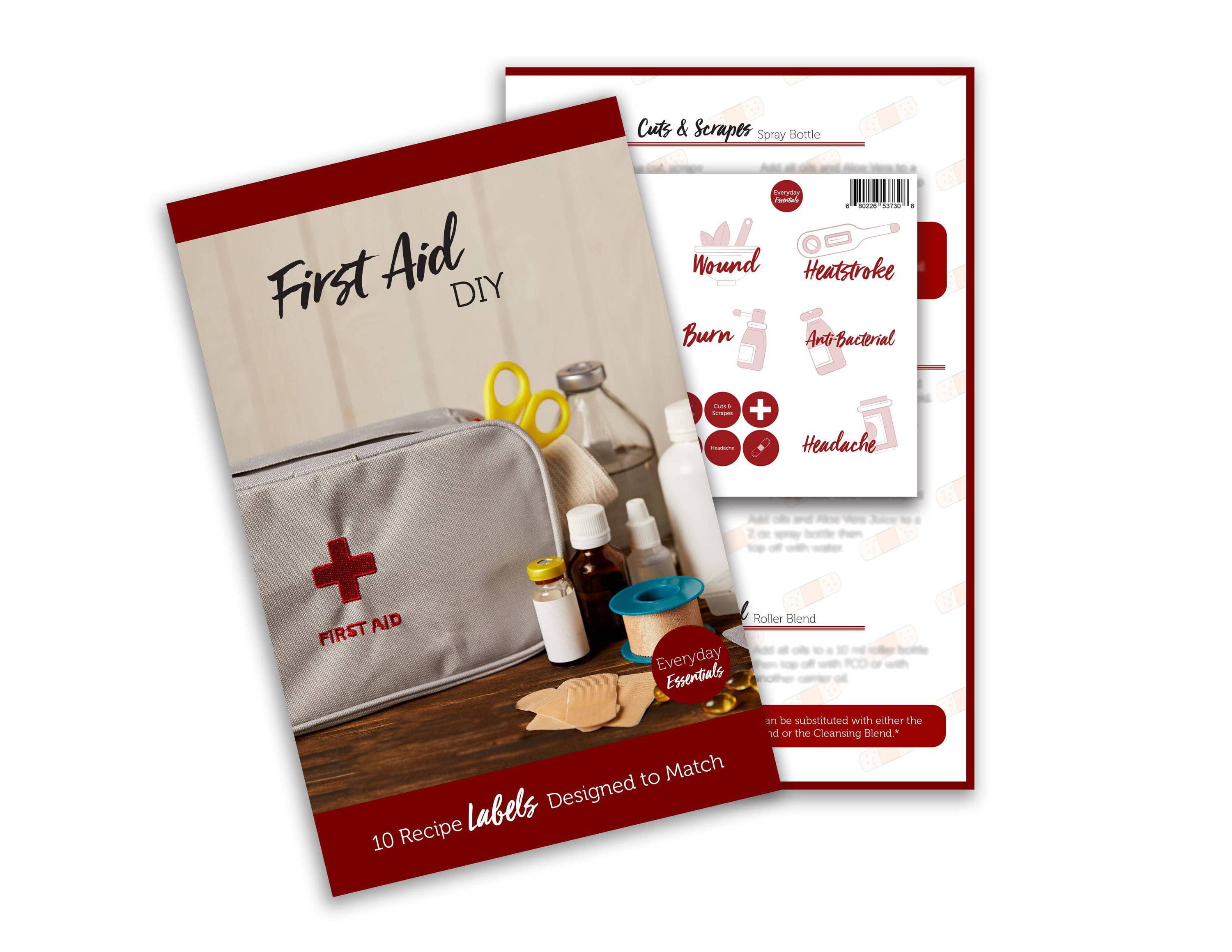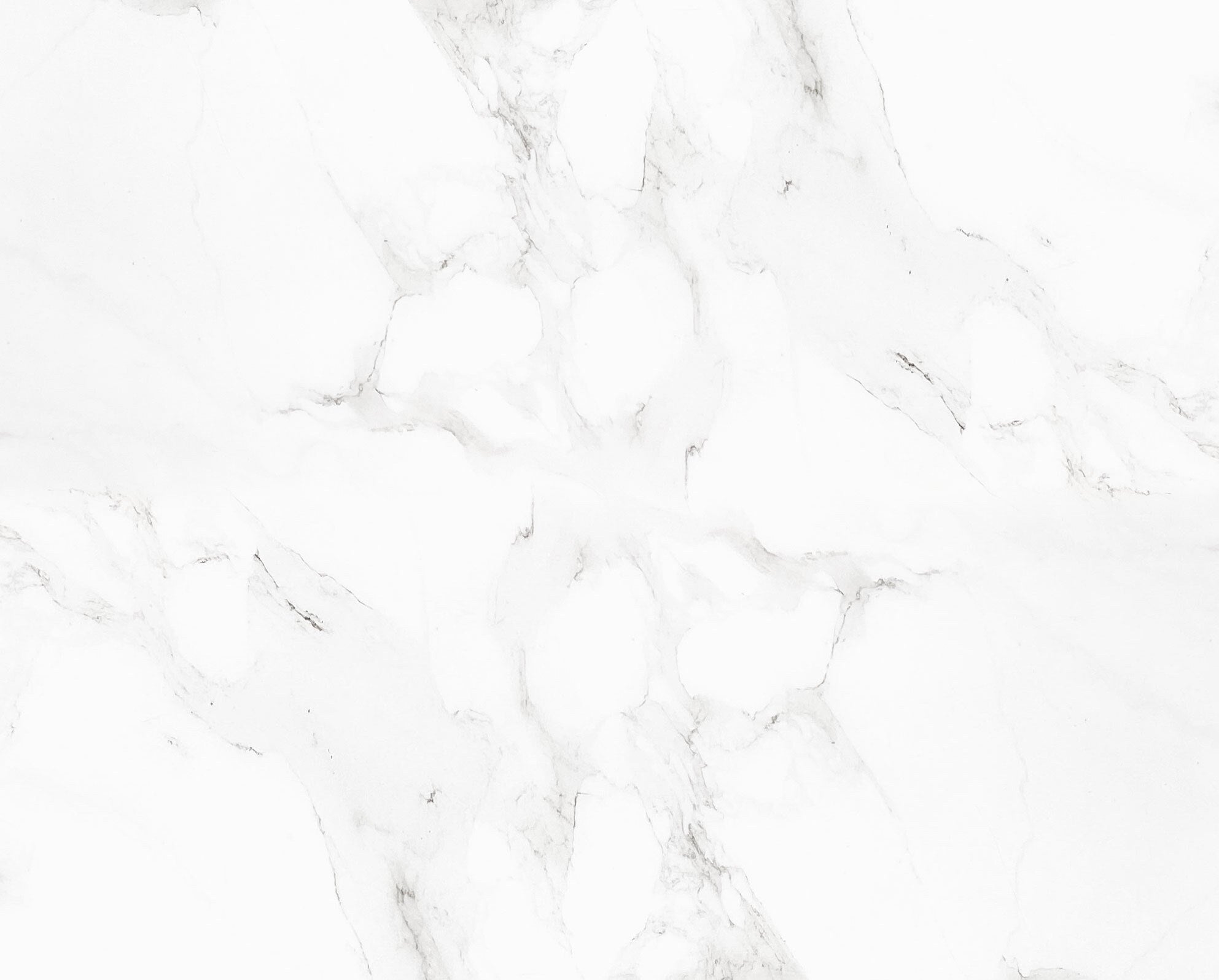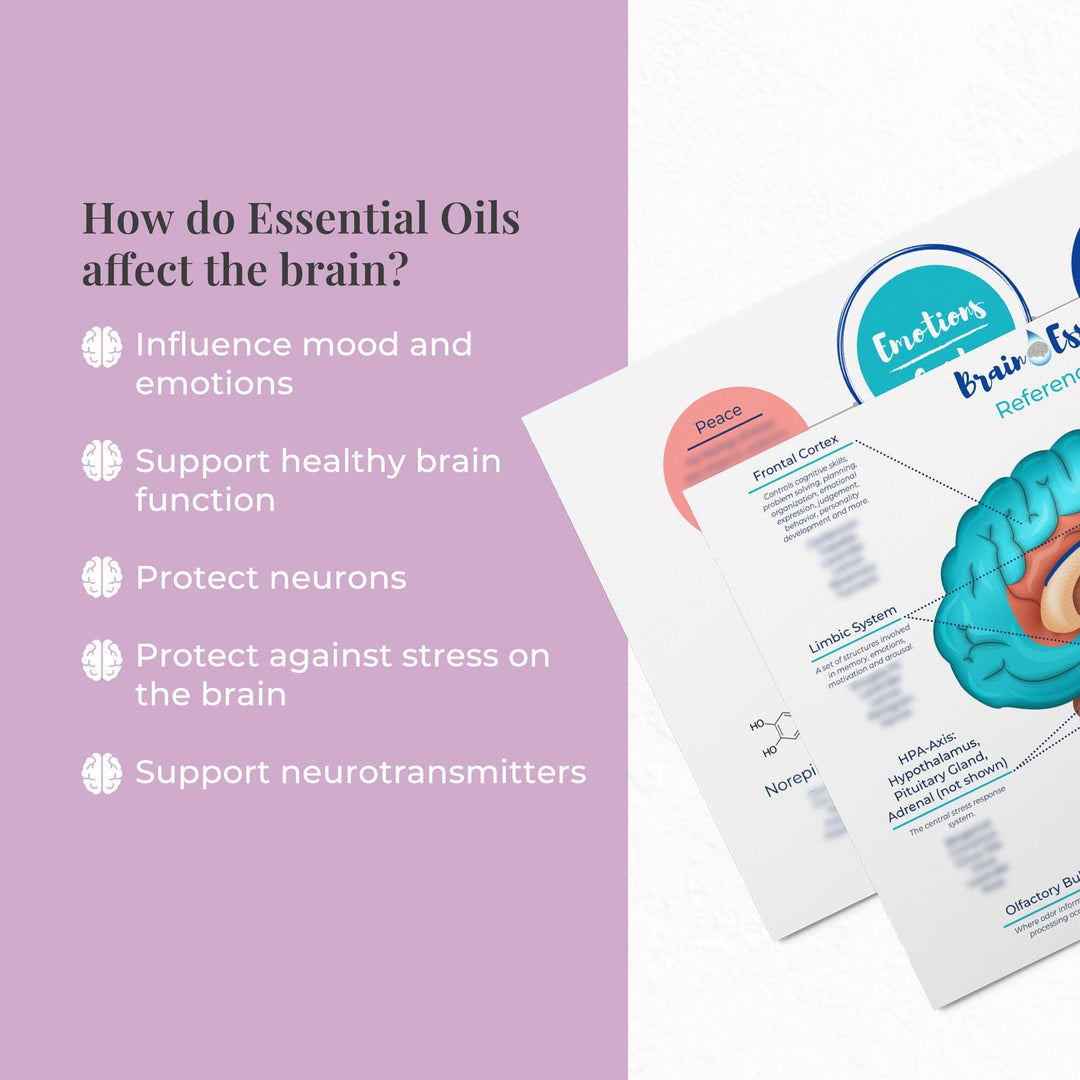Unlocking the Power of Essential Oils in First Aid: A Comprehensive Guide
In recent years, essential oils have gained popularity for their therapeutic properties and versatility in various wellness practices. From relaxation to skincare, these natural extracts offer a myriad of benefits. One area where essential oils truly shine is in first aid. Their antimicrobial, anti-inflammatory, and analgesic properties make them valuable additions to any first aid kit. In this guide, we'll explore the best ways to utilize essential oils for first aid situations and how to safely apply them to the skin, including considerations for photosensitivity.
Understanding Essential Oils:Essential oils are concentrated plant extracts obtained through distillation or mechanical methods. Each oil possesses unique properties and therapeutic benefits. When used correctly, they can provide relief for common ailments such as cuts, bruises, burns, insect bites, and more.
Selecting the Right Oils:Choosing the appropriate essential oils for first aid depends on the specific condition you're addressing. Here are some commonly used oils and their associated benefits:
Lavender: Known for its calming and soothing properties, lavender oil is excellent for relieving minor burns, cuts, and insect bites. It also promotes relaxation and can help alleviate stress during emergencies.
Tea Tree: With its powerful antimicrobial and antiseptic properties, tea tree oil is ideal for disinfecting wounds and treating skin infections. It can also soothe itching and inflammation caused by insect bites.
Peppermint: Peppermint oil provides a cooling sensation that can alleviate pain and inflammation associated with muscle strains, headaches, and minor injuries. It's also effective for relieving nausea and motion sickness.
Chamomile: Chamomile oil is renowned for its anti-inflammatory and skin-healing properties. It can soothe skin irritations, rashes, and minor burns, making it a valuable addition to your first aid arsenal.
Safe Application of Essential Oils:While essential oils offer numerous benefits, it's essential to use them safely, especially when applying them to the skin. Here are some guidelines to follow:
Dilution: Essential oils are highly concentrated and should always be diluted before applying them to the skin. A common dilution ratio is 2-3 drops of essential oil per teaspoon of carrier oil (such as coconut oil or jojoba oil).
Patch Test: Before widespread application, perform a patch test by applying a small amount of diluted oil to a small area of skin. Wait 24 hours to check for any adverse reactions, such as redness, itching, or irritation.
Avoid Sensitive Areas: Exercise caution when applying essential oils to sensitive areas of the body, such as the face, eyes, and mucous membranes. These areas are more prone to irritation.
Photosensitivity: Some essential oils, such as citrus oils (e.g., lemon, lime, bergamot), can cause photosensitivity, making the skin more susceptible to sunburn and damage. Avoid sun exposure for at least 12 hours after applying photosensitive oils to the skin.
Best Practices for Application:
When using essential oils for first aid, follow these best practices for safe and effective application:
Clean the Wound: Before applying essential oils, clean the affected area with mild soap and water to remove any dirt or debris.
Apply Diluted Oil: Dilute the essential oil of your choice in a carrier oil and apply it to the affected area using clean hands or a cotton ball. Gently massage the oil into the skin until absorbed.
Cover if Necessary: For larger wounds or areas prone to contamination, cover the treated area with a sterile bandage or gauze to protect it from further injury and promote healing.
Monitor for Improvement: Observe the treated area for signs of improvement, such as reduced pain, inflammation, and faster healing. If symptoms persist or worsen, seek medical attention.
Conclusion:Essential oils are valuable allies in first aid situations, offering natural solutions for common injuries and ailments. By understanding their properties and following safe application practices, you can harness the power of essential oils to support your overall well-being and promote healing in times of need. Remember to always prioritize safety and consult with a healthcare professional if you have any concerns or questions regarding the use of essential oils.
Unlock the potential of nature's remedies and empower yourself with the healing benefits of essential oils in your first aid kit today. https://www.youroiltools.com/products/make-take-first-aid
Disclaimer: The information provided in this blog post is for educational purposes only and is not intended as medical advice. Always consult with a qualified healthcare professional before using essential oils, especially if you have underlying health conditions or are pregnant or breastfeeding.


